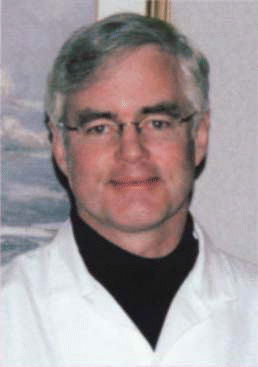Several states have considered taxing cosmetic surgical procedures, and one has passed legislation requiring a 6% tax on such procedures. If such legislation passes in your state, you could be required to collect a tax from patients for procedures such as blepharoplasty or rhinoplasty, adding a burden of paperwork, regulations, and reporting to you, as well as a financial burden to your patients.
Explore This Issue
April 2006It’s not just a tax on the patients. It’s a tax on the surgeon, on the anesthesiologist, and on the facility. That can include ENT, dermatology, and ophthalmology. And it’s incumbent on the individual surgeon, anesthesiologist, and facility to remit the taxes to the state. – -Peter T. Hetzler, MD
New Jersey: First to Tax Surgeries
New Jersey is the first and-so far-only state to pass legislation that requires patients to pay a special tax on cosmetic surgery. In June 2004, just days before the end of their fiscal year, New Jersey legislators passed a bill that called for a 6% tax on certain cosmetic surgical procedures. The tax was imposed in order to increase revenue that would be funneled back into the healthcare system to help provide care for uninsured citizens. Since September 2004, plastic surgeons, including otolaryngologists who perform any surgeries considered cosmetic, must collect and remit this tax to the state.
How does the tax affect physicians in the state? I think this [New Jersey] tax will negatively affect most surgeons performing cosmetic surgical procedures, said Dean M. Toriumi, MD. Established surgeons will likely be affected to a lesser extent, as they will have more mature practices and patients that are better able to pay a cosmetic tax. Surgeons with new practices will have a smaller volume and may be impacted to a greater extent. Many of the straight cosmetic procedures such as facelift, blepharoplasty, and chin implant will be significantly affected by the cosmetic tax. On the other hand, the cosmetic tax may not have as prominent an effect on procedures such as septorhinoplasty with nasal obstruction.
When the bill first passed, Peter T. Hetzler, MD, immediate past president of the New Jersey Society of Plastic Surgery, said, It was a total surprise to us; it passed as a midnight initiative. The state’s plastic surgeons and others had to scramble to learn as much as they could before the tax went into effect in September 2004. It’s not just a tax on the patients, explained Dr. Hetzler. It’s a tax on the surgeon, on the anesthesiologist, and on the facility. That can include ENT, dermatology, and ophthalmology. And it’s incumbent on the individual surgeon, anesthesiologist, and facility to remit the taxes to the state.

Leave a Reply